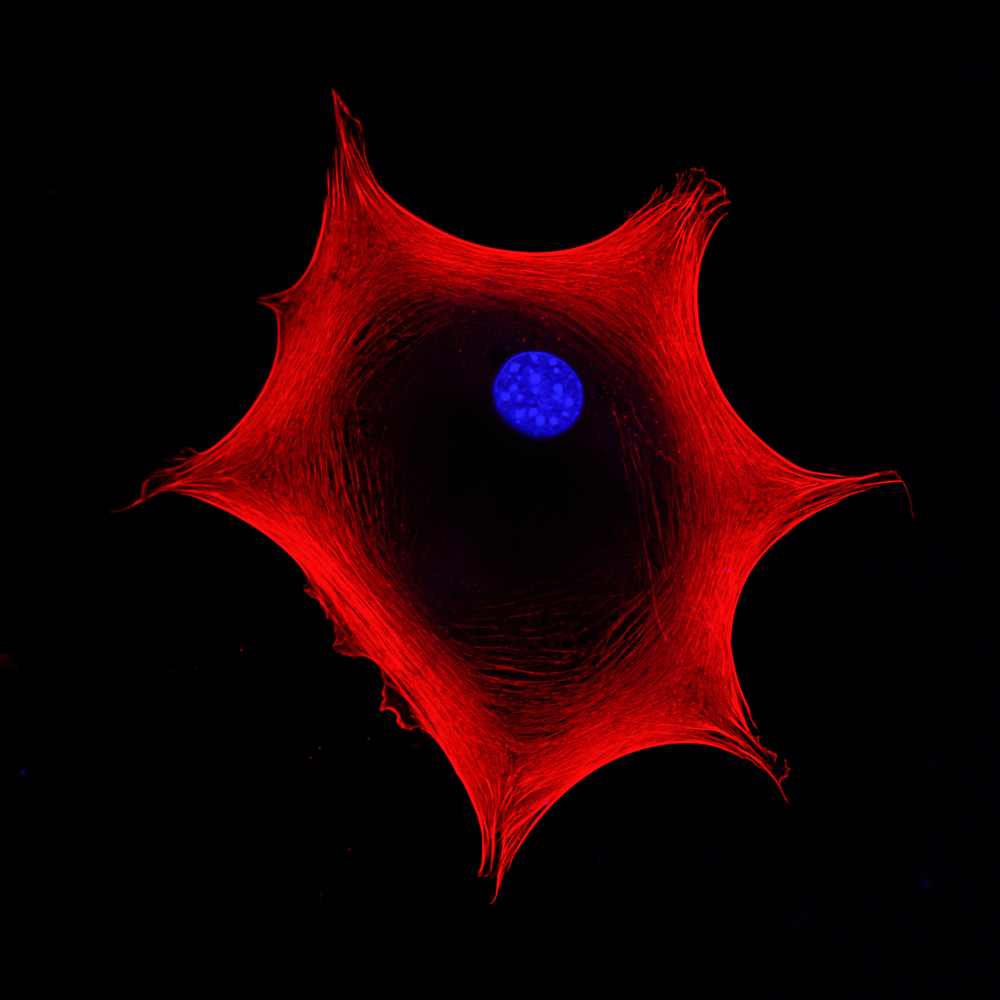Stem cell therapies are all the rage right now, with celebrities getting them for reasons ranging from health management to anti-aging, and those with chronic conditions turning to this regenerative treatment in a bid to finally make some headway on their symptom management.
Since this treatment isn’t widely covered by insurance, however, it means that you need to cover the stem cell therapy cost yourself.
When you need to elect in, it becomes all the more important that you know what are stem cells, what makes them special, and what the difference is between stem cell types. Knowing the basics can help you understand your treatment, how it’s supposed to work, and what you can do to improve your chances of it working.
Going in blind is a huge risk. You need to know everything you can about stem cell therapies so that you can go in with eyes wide open. Only then can you properly make a decision as to whether stem cell treatments are right for you and your condition, or not.
A few of the terms you’ve likely come across with a quick Google are embryonic stem cells, adult stem cells, and pluripotent cells. Now, embryonic stem cells are a big ethical no-no, but pluripotent cells have big potential when it comes to stem cell research, so are adult stem cells pluripotent? This guide outlines everything you need to know:
Multipotent vs Pluripotent Stem Cells
In stem cell research there are two main types of cells used. The first are pluripotent, and the second is multipotent. Of these, what are stem cell injections you may ask? Let’s get into it:
Pluripotent Stem Cells
Pluripotent stem cells, otherwise known as embryonic stem cells, can become any cell in an human body. They’re known as embryonic stem cells because they are stem cells derived from embryos, and yes, the embryo does end up destroyed in the process. That is why only donations from IVF clinics can be used, limiting supply. Even with that caveat, many countries around the world simply do not allow embryonic stem cell research.
So, the short answer to the question are adult stem cells pluripotent is no, they are not. There are, however, something known as induced pluripotent stem cells, which are stem cells derived from adult cells. Scientists have discovered how to genetically reprogram adult cells to a more embryonic form, expanding the number of cells those IPCs can become. This is big news, as we currently lack an accessible way to source nerve or neural stem cells.
Multipotent Stem Cells
Adult cells are also known as multipotent cells. Unlike pluripotent cells, these multipotent ones cannot become just any cell. This doesn’t mean we are limited, but rather that we need to source stem cells from different body parts, depending on the treatment goal.
- Blood or bone marrow cells can become red or white blood cells, or platelet.
- Fatty tissue or Wharton’s Jelly can become cartilage, bone, or tendons
Bonus: Totipotency Cells
Totipotency cells are even younger than embryonic cells, and can become any cell in an adult or any type of embryonic cell. They are the first, though they quickly differentiate into pluripotent embryonic cells. Their use is restricted only to research, as they are so difficult to acquire.
What Type of Stem Cells are Used in Injections?
Now that you know a bit more about the different types of stem cells that are used today, it’s time to get into just which type goes into stem cell injections.
In general, you can get stem cells from any source. Currently the go-to treatment option for blood disorders is to transplant adult bone marrow. Bone marrow cells, after all, have a higher stem cell count than blood. When transplanting adult bone marrow, there’s also usually no risk of rejection, because the standard practice is to use your own bone marrow or, barring that, the bone marrow of close relatives.
Now, when it comes to the elective treatments that we offer here at Bioxcellerator, know we don’t use bone marrow as our source. Instead we use Wharton’s Jelly. The stem cells from jelly, along with umbilical cord blood lack, specific surface proteins that cause the body’s immune system to attack. Without those proteins, recipients have a far higher chance of their bodies accepting and using the stem cell injection.
Why is Rejection a Problem?
Our immune system is an unconscious system in our bodies. We cannot will it to work differently. This means if the cells you receive from a transplant are foreign, and your body detects them as foreign bodies, then your body will work on destroying those cells immediately, thus removing any chance of those stem cells helping you move forward.
If your body accepts the cells, however, then those cells can start working with your system as a whole to repair damage and rejuvenate your health.
Future of Stem Cell Therapy
We use the latest and most cutting edge technology. Currently, Wharton’s Jelly Multipotent Stem Cells (WJ-MSC) are providing the most positive results with the most accessible source. If this were to change, for example, induced pluripotent stem cell technology because more widespread and accepted, then we might begin to offer it.
The goal of stem cell research is to create a system in which we can one, safely and harmlessly collect high-quality stem cells and two, get the most potent stem cells for treatment.
Stem cells are one of the most interesting areas of medicine today, and while very few treatments are covered by health insurance, you don’t have to wait to get this treatment for yourself by booking a consultation in at a reputable stem cell treatment center like ours. We don’t accept any patients unless we believe our treatment has a good shot at helping your condition, so book a consultation today and learn just what stem cell therapy can do to help you with your chronic condition.


